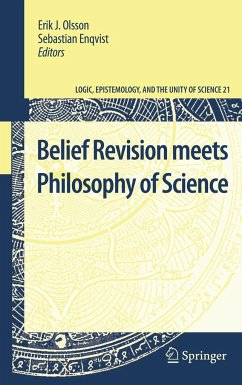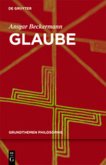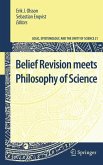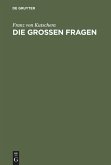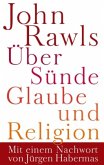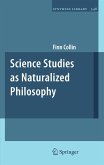This is the first up-to-date book that addresses belief revision in the context of scientific enquiry. It provides a number of new perspectives likely to guide research, and it establishes new connections between areas previously assumed unrelated.
Belief revision theory and philosophy of science both aspire to shed light on the dynamics ofknowledge - on how our view of the world changes (typically) in the light of new evidence. Yet these two areas of research have long seemed strangely detached from each other, as witnessed by the small number of cross-references and researchers working in both domains.One may speculate as to what has brought about this surprising, and perhaps unfortunate, state of affairs. One factor may be that while belief revision theory has traditionally been pursued in a bottom- up manner, focusing on the endeavors of single inquirers, philosophers of science, inspired by logical empiricism, have tended to be more interested in science as a multi-agent or agent-independent phenomenon.
Belief revision theory and philosophy of science both aspire to shed light on the dynamics ofknowledge - on how our view of the world changes (typically) in the light of new evidence. Yet these two areas of research have long seemed strangely detached from each other, as witnessed by the small number of cross-references and researchers working in both domains.One may speculate as to what has brought about this surprising, and perhaps unfortunate, state of affairs. One factor may be that while belief revision theory has traditionally been pursued in a bottom- up manner, focusing on the endeavors of single inquirers, philosophers of science, inspired by logical empiricism, have tended to be more interested in science as a multi-agent or agent-independent phenomenon.
"[...] offers a rich and up-to-date inventory of contributions, which cover almost all the issues on the border between AGM and philosophy of science, laying the bases for a further, fruitful exploration of this exciting field of research."
Gustavo Cevolani (University of Bologna, Italy) and Roberto Festa (University of Trieste, Italy)
Gustavo Cevolani (University of Bologna, Italy) and Roberto Festa (University of Trieste, Italy)

